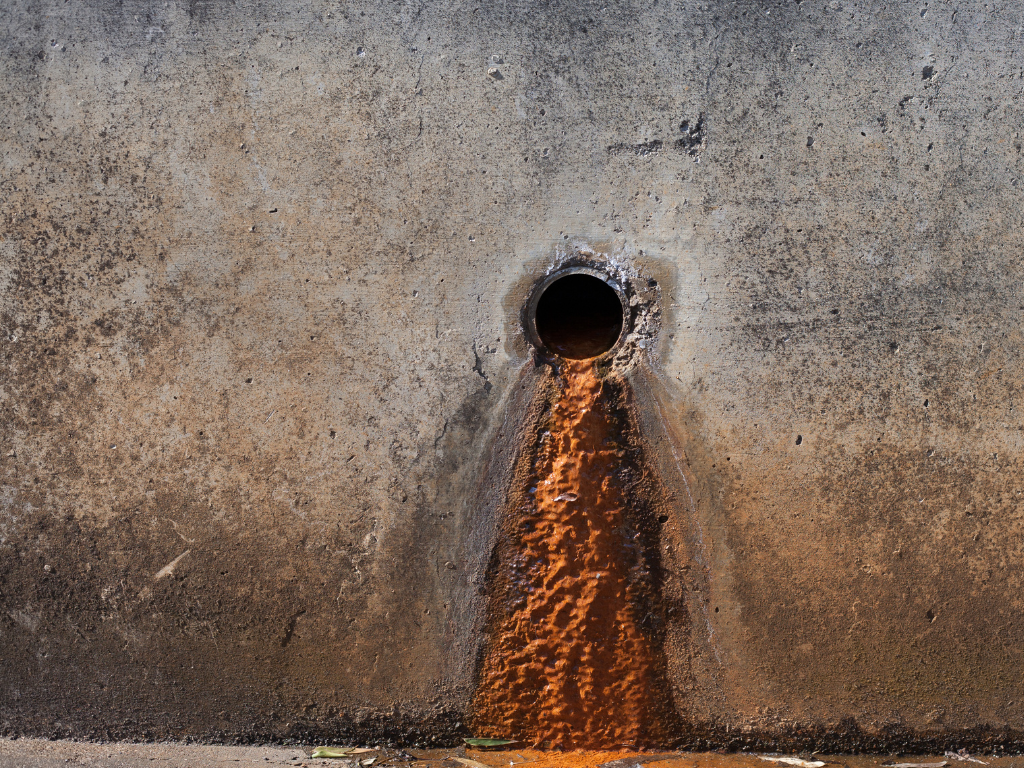Importance of in-situ faecal degradation in septic tanks
Even in today’s time, septic tanks are an essential component for many because access to public sewage systems is limited. Septic tanks are basically designed to collect and treat wastewater from toilets, sinks, and other sources with the help of a natural process called “bioremediation”. In-situ faecal degradation plays a significant role in treating human waste and preventing the release of harmful pathogens into the environment.
In-situ faecal degradation is the process by which naturally present microorganisms in the septic tank break down and digest the solid waste that enters the tank. Most of the natural microorganisms responsible for this process are anaerobic in nature i.e. they do not require oxygen to function. Most of these microorganisms are naturally present in human solid waste and they play a critical role in breaking down the organic matter in the solid waste. The way this process works, it that the microbes such as bacteria break down the organic matter in the solid waste and convert it into simpler compounds like methane, carbon dioxide, and water. Due to this simple nature’s process, a large amount of solid waste in the septic tank is lowered and gets liquified which helps in better percolation and also prevents it from overflowing or clogging the system. It also helps in controlling the release of pathogens in our environment, by a principle of competitive exclusion.
With the growth in science and technology, a lot of antibiotics and other chemicals are widely used in modern society. Antibiotics are commonly used to treat bacterial infections, and chemical residue can be found in various sources such as drugs, personal care products, and household cleaning agents. After these chemicals are consumed or used, they are processed by the body and eventually excreted in urine or faeces. All of these residues eventually find their way into the septic tanks.
One of the most significant concerns associated with antibiotic and chemical residue in human waste is the development of antibiotic-resistant bacteria. When antibiotics are excreted in human waste, they can enter the environment and contribute to the growth of antibiotic-resistant bacteria. These bacteria can then spread through water and soil, potentially impacting other animals and humans. Also such chemicals can kill of the natural microbial community which was capable of the degradation of human waste. This leads to improper treatment of sewage before being released into the environment, which can lead to eutrophication in our natural water bodies. This also leads to the failure of s septic tank.
One of the most effective ways to reduce the impact of antibiotic and chemical residue in human waste is through use of natural robust microbial cultures in your septic tank. A good microbial community can effectively remove most of the antibiotics and chemicals present in human waste before it is released into the environment.
Further individuals can take steps to reduce their use of antibiotics and chemicals, which can help to reduce the amount of residue that ends up in human waste. Switch to the use of natural cleaning products, and try to reduce the use of pharmaceuticals whenever possible

